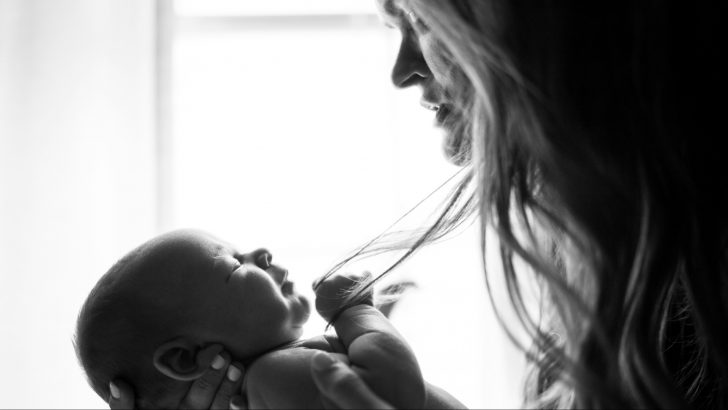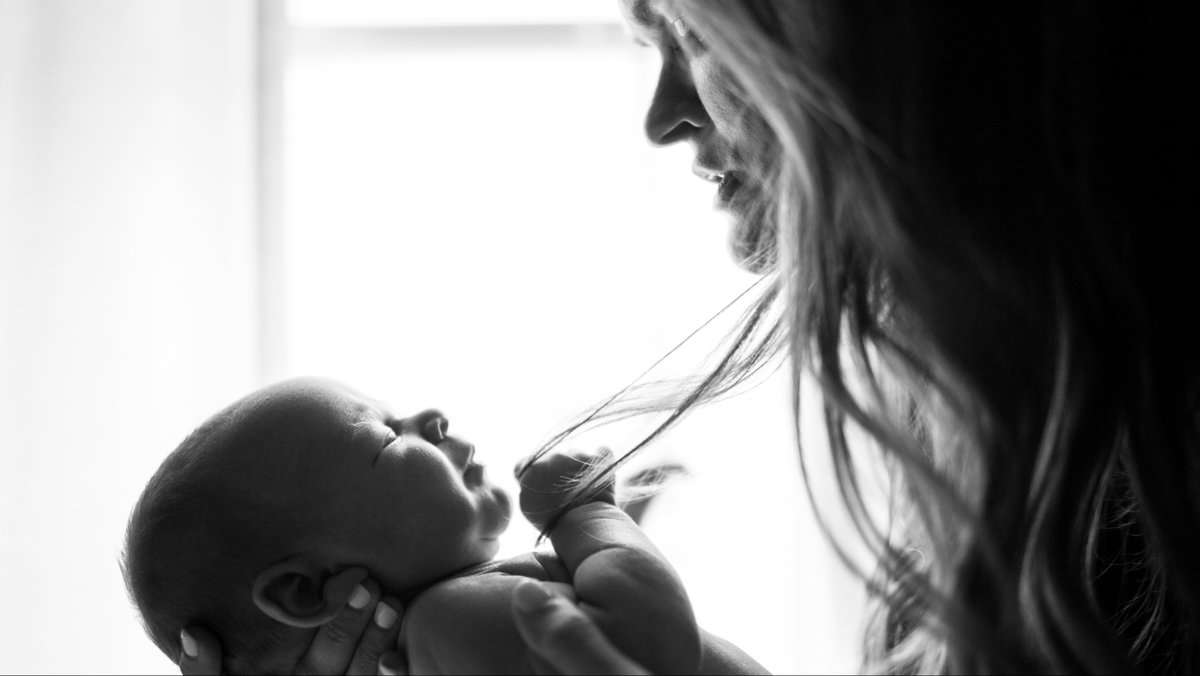Parenting is difficult, and so rarely picture-perfect. Even the most loving parents make mistakes.
But what about a different story – one of pain, frustration, and even hatred?
It’s a hard thing to imagine, but some parents really do struggle with resentment or dislike towards their children.
Let’s try to understand what goes on in their minds, and what experiences or deep-seated issues led them to hate their own children.
Projecting Pain and Frustration onto the Child
Many parents who harbor negative feelings aren’t necessarily bad people; they’re simply overwhelmed by their own pain.
Perhaps life threw a lot at them: loss, failure, trauma, or mental health struggles.
When a parent is drowning in unresolved frustration, they might unconsciously take it out on their kids.
In their mind, the child becomes a mirror for their own unhealed wounds.
Though unfair, this projection isn’t always intentional. In fact, it’s often a subconscious defense mechanism.
The parent might see the child as a reminder of their own broken dreams or failures, and that can breed resentment.
Realizing Too Late That Parenthood Isn’t for Them
Some people come to realize, only after the fact, that they didn’t really want to have children.
Maybe they felt pressured, or they entered parenthood emotionally unprepared. This realization can breed feelings of guilt, fear of missing out, or even hatred.
In their mind, they’re trapped in a situation they never chose for themselves, and that frustration can spill over onto the child.
It’s a painful realization that can lead to emotional distance or resentment, even if they realistically know the child isn’t to blame.
Parents in this situation often struggle with guilt and shame, as well as regret when they realize it’s much too late to change their minds.
Child’s Adolescence
When children hit their teenage years, some parents feel like they’re losing control, and their minds race with negative feelings.
Adolescence is a time of independence, rebellion, and self-discovery, which can feel like a threat to parents who want to hold on.
More immature parents might interpret their child’s independence as rejection, leading to feelings of abandonment or betrayal.
This can turn into anger or hate, especially when a parent feels powerless to change anything.
The child’s autonomy is interpreted as defiance in the parent’s mind, and it creates a rift.
This emotional disconnect can make parents see their teen kids as a symbol of everything they dislike and fear, leading to confusing, unhealthy emotions.
Unmet Expectations
Most parents have hopes and dreams for their children, and when those aren’t fulfilled, some handle it worse than others.
The child becomes a symbol of unfulfilled expectations – an extension of the parent’s own failures.
If love feels conditional, resentment can easily fester.
While in their mind, these parents might think they’re doing it for the child’s well-being, their affection can turn into a weapon.
This kind of relationship damages the child’s sense of worth. This dynamic creates a toxic environment, where familial love isn’t unconditional.
It’s a heartbreaking cycle that’s rooted in unmet needs and emotional wounds.
Subconscious Projection of Past Relationships
Sometimes, the roots of parental hatred lie in unresolved feelings toward an ex-partner.
A parent might unconsciously project their anger from a failed relationship onto their child. The child becomes the scapegoat – a reminder of what went wrong and a symbol of lost love.
This dynamic is especially terrible because, most of the time, the parent isn’t even aware they’re doing it.
It could be the last thing on their mind, yet it still distorts the parent-child relationship.
This subconscious projection can create a toxic environment where the child feels unwanted or hated, even if that’s not the intention.
The Loss of Freedom
Immature or self-centered parents might see their role as a burden rather than a gift.
In their mind, the responsibility of raising a child is a loss of personal freedom and an obstacle to their own happiness.
This perspective can cause them to become resentful, especially if they’re unable to prioritize their own needs and desires.
They might feel trapped and angry about the sacrifices they have to make, resenting the child who didn’t even have a say in whether they’d be born.
Over time, this attitude can grow into genuine dislike or hatred for their children, who become the symbol of all the constraints on their lives.
It’s a tragic misunderstanding of parenthood that leaves lasting wounds.
Jealousy of Their Children’s Youth
Some parents secretly envy their children’s youth. In their mind, it’s unfair that the child gets all the opportunities they never did.
Watching a child grow and thrive can stir up feelings of jealousy and bitterness – especially if their own desires and goals had to be put on the back burner when they became a parent.
They might see their child’s happiness as a reminder of what they lost or never achieved.
The feeling can be destructive, creating emotional distance and even hatred.
Resentment for “Taking” Their Partner
In some cases, a parent can hate their child because, in their mind, they’re the reason they lost their partner’s affection.
The child becomes a symbol of what they think has been taken from them – love, attention, and companionship.
This resentment is often subconscious, and rooted in immaturity and abandonment issues.
Parents might project their anger onto the child, seeing them as the cause of their loneliness and heartbreak.
This dynamic is incredibly damaging, as it shifts blame onto an innocent child.
The Role of Therapy and Inner Work
Overcoming feelings of hatred and resentment toward one’s child isn’t easy because it’s very hard to come to terms with those feelings in the first place.
No one wants to admit they’re the kind of person who would be jealous or resentful of a small child.
That’s why therapy and inner work are a non-optional part of healing.
Through counseling, parents can explore this destructive mindset, as well as the roots of their feelings.
Inner work, such as mindfulness, self-compassion, and emotional regulation, helps parents recognize their triggers and subconscious patterns.
It’s about rewiring the way they see themselves, their past, and their children.
This process can be humbling and painful, but ultimately freeing for both parties.
A little Aquarius, devoted to writing and embroidery. Through my writing, I hope to empower readers to align with their true selves and navigate life’s mysteries with confidence.










